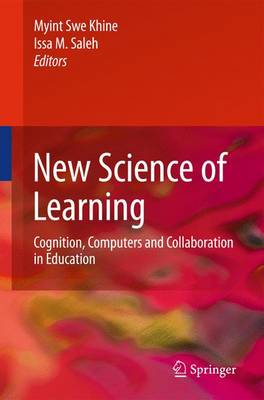The earliest educational software simply transferred print material from the page to the monitor. Since then, the Internet and other digital media have brought students an ever-expanding, low-cost knowledge base and the opportunity to interact with minds around the globe-while running the risk of shortening their attention spans, isolating them from interpersonal contact, and subjecting them to information overload.
The New Science of Learning: Cognition, Computers and Collaboration in Education deftly explores the multiple relationships found among these critical elements in students' increasingly complex and multi-paced educational experience. Starting with instructors' insights into the cognitive effects of digital media-a diverse range of viewpoints with little consensus-this cutting-edge resource acknowledges the double-edged potential inherent in computer-based education and its role in shaping students' thinking capabilities. Accordingly, the emphasis is on strategies that maximize the strengths and compensate for the negative aspects of digital learning, including:
- Group cognition as a foundation for learning
- Metacognitive control of learning and remembering
- Higher education course development using open education resources
- Designing a technology-oriented teacher professional development model
- Supporting student collaboration with digital video tools
- Teaching and learning through social annotation practices
The New Science of Learning: Cognition, Computers and Collaboration in Education brings emerging challenges and innovative ideas into sharp focus for researchers in educational psychology, instructional design, education technologies, and the learning sciences.
- ISBN13 9781441957153
- Publish Date 14 May 2010
- Publish Status Active
- Publish Country US
- Imprint Springer-Verlag New York Inc.
- Edition 2010 ed.
- Format Hardcover
- Pages 607
- Language English
